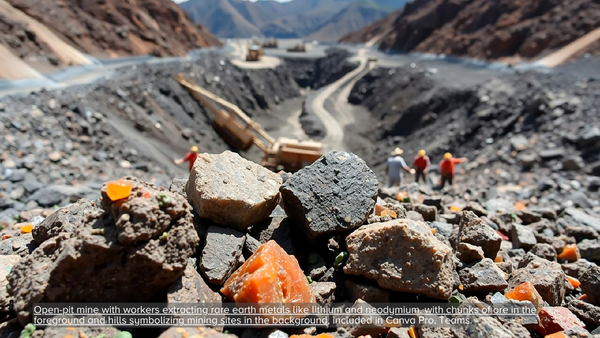It’s a $51 billion-a-year industry, driven by middlemen and brokers who deceive, import, abuse and profit from millions of individuals in 161 countries. Human trafficking and slavery is connected to almost every industry’s supply chain, tainting the food we eat, the clothes we buy and the electronics we crave. Last week, US-based NGO Verité introduced their new microsite to highlight the 'Cost of a Job', referring to the millions of workers who pay for employment, rather than getting paid for employment.
It’s a $51 billion-a-year industry, driven by middlemen and brokers who deceive, import, abuse and profit from millions of individuals in 161 countries. Human trafficking and slavery is connected to almost every industry’s supply chain, tainting the food we eat, the clothes we buy and the electronics we crave. Last week, US-based NGO Verité introduced their new microsite to highlight the 'Cost of a Job', referring to the millions of workers who pay for employment, rather than getting paid for employment.
The Cost of a Job tells the story of modern-day slavery through the experience of a Filipina in Taiwan who was brave enough to talk to Verité about her situation. She describes what happened to her in the 'Story of Edz' video featured on the site. Hers is the voice of millions of job seekers who can’t leave their jobs because they are bound by debt, threatened or coerced in other ways. Millions of job seekers often pay labor brokers thousands of dollars in fees to get jobs. They borrow this money at high rates of interest, and when they get to their destination they are paid less than they were promised -- not enough to pay off their debt. They can't go back home without facing ruin. This is one of the main ways forced labor manifests itself in global supply chains.
Together with companion microsites Help Wanted and Resources for Responsible Recruitment, Cost of a Job illuminates the problems facing the most vulnerable workers in global supply chains, and points the way towards solutions for companies, governments, NGOs, trade unions, investors, and other stakeholders. Verité first uncovered these issues in apparel factories in the 1990s, and continues to work with companies in the electronics, construction, heavy industry, fishing, plantation and agriculture sectors to solve them.










